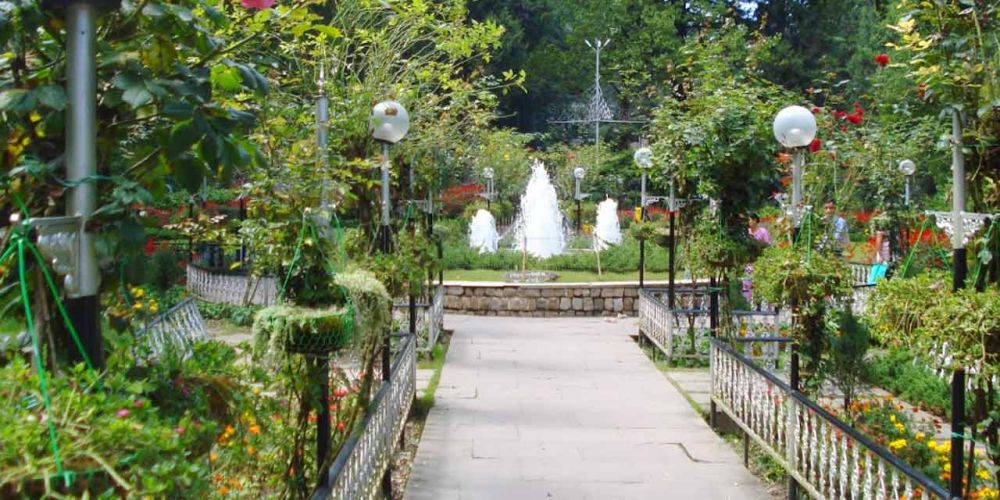

The quintessential hill station of Mussoorie, perched in the Dehradun District of Uttarakhand, India, boasts of picturesque vistas and colonial remnants which magnetize tourists from across the globe. Among the various attractions, the Company Garden, also known as Company Bagh, stands out as a testament to the town's rich history and its evolution as a coveted tourist destination.
Mussoorie, often referred to as the "Queen of the Hills," has been a beloved retreat since British colonial times. Established mainly as a summer getaway for British officials in the early 19th century, it soon blossomed into a full-fledged resort town replete with gardens, churches, and estates.
The origins of the Company Garden can be traced back to the British Raj when it was laid out by Dr. H. Fackner in the year 1842 to provide a leisure space for the colonials. Originally known as Botanical Gardens of Mussoorie, these gardens were acknowledged for their horticultural significance and served as a hub for leisure and social interaction.
With the end of the British Raj, Mussoorie saw a shift in its visitors' demographics yet retained its status as a premier tourist destination. The Company Garden retained its draw as a public space characterized by its lush greenery, colorful flora, and the quaint Victorian ambience of a bygone era.
In recent years, the Garden has undergone several renovations to cater to the changing tastes and expectations of both domestic and international tourists. Amenities such as a mini lake with paddle boats, a small amusement park for children, and a myriad of eateries have been added to enhance visitor experience.
Today, the Company Garden appeals to a vast array of tourists seeking a blend of nature, history, and recreation. Eco-friendly practices such as the use of organic cultivation methods and responsible waste management are being integrated to preserve the pristine beauty of the area.
Visitors now frequently indulge in taking photographic souvenirs among the blooms in the garden, thanks to the advent of social media which has turned the site into a photogenic haven. The garden's offerings have diversified to include flora exhibitions, insight into the region's plant life, and thematic decor during peak seasons such as Diwali and Christmas.
Moreover, to cater to adventure seekers, nearby attractions such as Gun Hill and Cloud's End are often clubbed with a visit to the Company Garden, offering hiking and paragliding options which are becoming increasingly popular.
Mussoorie's commitment to preserving its heritage while adapting to modern tourism trends is evident in the preservation of the Company Garden. Strategic development plans have been implemented with an emphasis on sustaining the garden's natural beauty for future generations.
In conclusion, as a site of historical significance and a modern-day recreational park, the Company Garden continues to be an integral part of Mussoorie's tourism fabric. It stands as a serene retreat amidst the hustle and bustle, representing both the town's colonial roots and its current identity as a beloved hill station.